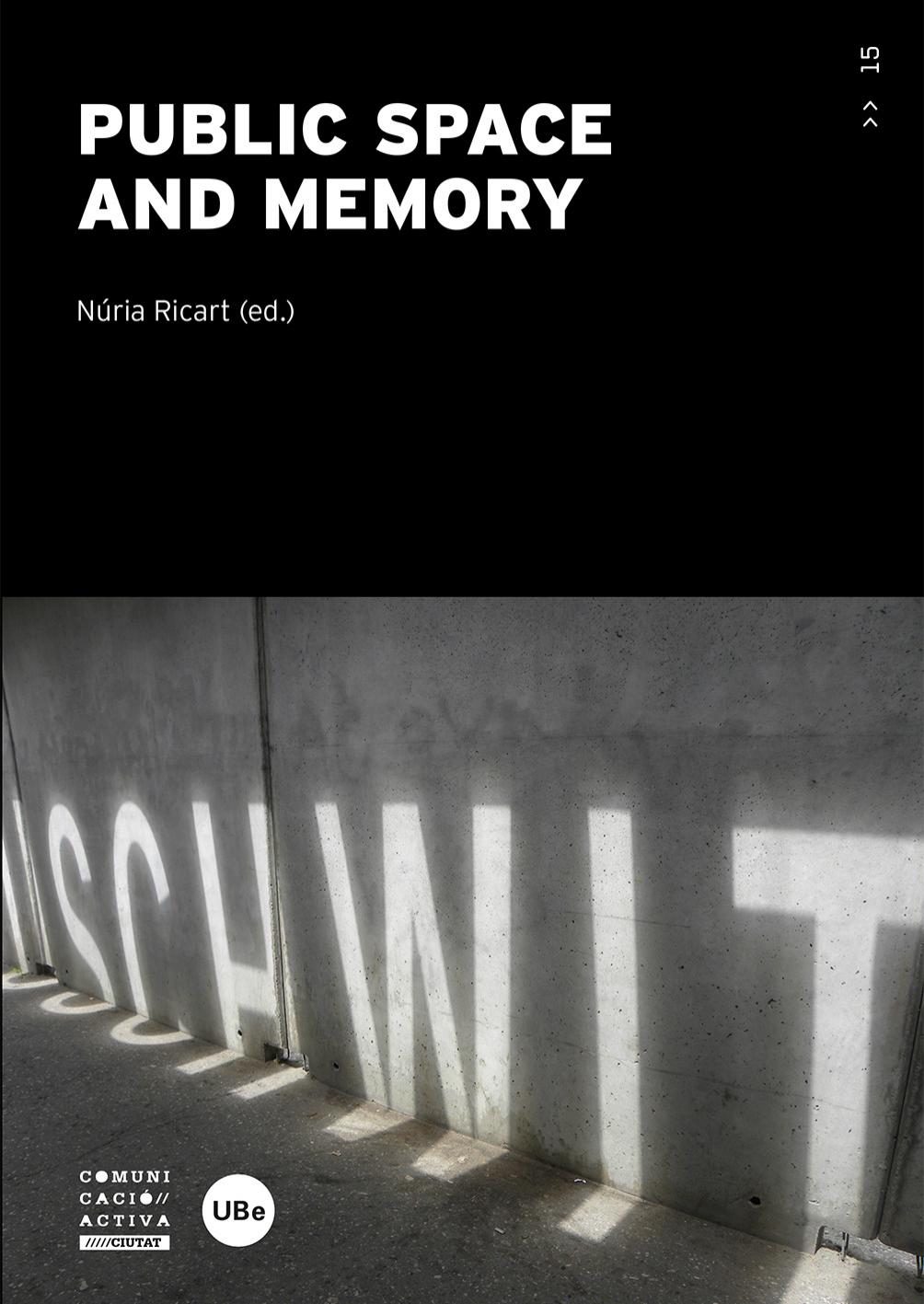

Most ebook files are in PDF format, so you can easily read them using various software such as Foxit Reader or directly on the Google Chrome browser.
Some ebook files are released by publishers in other formats such as .awz, .mobi, .epub, .fb2, etc. You may need to install specific software to read these formats on mobile/PC, such as Calibre.
Please read the tutorial at this link: https://ebookbell.com/faq
We offer FREE conversion to the popular formats you request; however, this may take some time. Therefore, right after payment, please email us, and we will try to provide the service as quickly as possible.
For some exceptional file formats or broken links (if any), please refrain from opening any disputes. Instead, email us first, and we will try to assist within a maximum of 6 hours.
EbookBell Team

0.0
0 reviewsThis publication aims to generate an open arena for debate dealing with memory and public space; issues which are highly complex in both theoretical and practical terms. The broad scope of perspectives presented in the papers helps us understand some of the current lines of thinking on memory and the city from an interdisciplinary point of view (art, urban design, history), looking at the politics and management of memory in public space. Ruins, remains and immaterial spaces of memory or heritage may be understood as elements which organise space in relation to its connections with the events of the past and the future ; stimulating debate about current political consensus and dissent. The remnants of the past, John Berger would say, are not just those which remain when something has disappeared: they may also in themselves form the mark of a project.